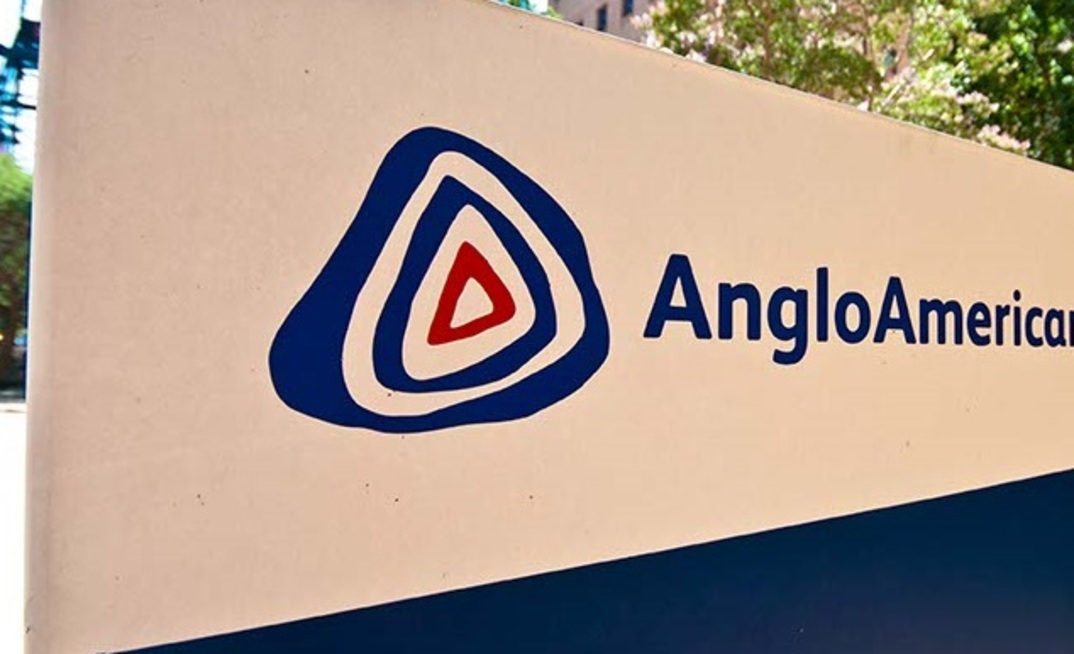Aussie-listed BHP's bid for the ailing Anglo American raises the possibility of the biggest mining deal in years, and risks triggering an exodus of miners from London.
Anglo has confirmed that it received an all-share buyout proposal from BHP Group.
"There can be no certainty that any offer will be made nor as to the terms on which any such offer might be made," Anglo said.
The possibility of an Anglo American takeover has been circulating ever since late last year, when the company unleashed a slew of production cuts to fight its cost blowout, in the face of a sliding share price.
YOU MIGHT ALSO LIKE
The deal could be an escape hatch for bruised shareholders, offering a hefty premium to current share prices, although still very cheap when compared to prices just two years ago.
All share deal
BHP has confirmed that on April 16 it offered for Anglo at all share deal, valuing the company at £31.1billion (US$38.9 billion).
The deal would see BHP swallow up Anglo's copper, metallurgical coal and copper assets, while leaving behind the South African iron ore and platinum business.
"The combination would bring together the strengths of BHP and Anglo American in an optimal structure," BHP said.
"The combined entity would have a leading portfolio of large, low-cost, long-life Tier 1 assets focused on iron ore and metallurgical coal and future facing commodities, including potash and copper," BHP said.
The deal would see BHP shareholders switch their current holdings for separate stakes in Anglo Platinum (Amplats), the company's PGM business, Kumba, which comprises Anglo's South African iron ore operations, and shares in BHP.
Under the terms of BHP's offer, shareholders exchange each ordinary share of Anglo for £4.86 worth of shares in Anglo Platinum, and £3.40 of Kumba Iron Ore, as well as 0.7097 BHP shares.
BHP values the deal at £25.08 per Anglo American ordinary share, ahead of last night's closing price of £22.05, implying a 31% premium on the value of Anglo American's unlisted assets.
"These would be expected to generate significant cash flows and the combined entity would have the financial capacity to support value adding growth projects at the optimal time, while continuing BHP's commitment to shareholder returns," BHP said.
Copper crown jewels
If the deal goes ahead it would leave BHP with the crown jewels of Anglo American, the South American copper mines, the Queensland metallurgical coal assets, and the high-grade Brazilian iron ore operations.
With Anglo's mines added BHP's existing copper assets, including its stake in Escondida, the combined entity would become the world's largest producer of the red metal. Copper demand is forecast to grow rapidly in the coming years, due to electrification, and with big greenfield projects thin on the ground, this could be BHP's best chance to increase its footprint.
Iron ore and PGMs out, diamonds to follow?
BHP's lack of interest in Kumba and Amplats is unsurprising. The businesses have been a drag on Anglo American over the last year, hit hard by logistical and power issues in South Africa, and with both businesses implementing job cuts.
BHP also heavily hinted that De Beers, the diamond arm, would remain up for sale.
And the fact that Anglo has already been seeking a buyer for De Beers is unlikely to deter BHP, as diamond mining is hardly driving profits at the moment.
Woodsmith future secure?
The tie up would also tilt the BHP commodity basket even more strongly toward fertilizer. In addition to its massive project in Saskatchewan, Canada, the company would take over the troubled Woodsmith polyhalite mine in North Yorkshire, UK.
An enlarged BHP would certainly have the capital to forge ahead at Woodsmith, but skeptics might prefer to see Jansen in production, and measure the effect on potash prices, before they commit even more billions to another mine, particularly one producing a relatively obscure variety of potash.
Bad news for London
If BHP does succeed in swallowing up Anglo American, it would be a massive blow to the LSE's reputation as mining jurisdiction. BHP delisted in London in 2022, moving its main listing to the ASX.
With Anglo gone, that would leave just two large diversified miners in London, Glencore and Rio Tinto. Rio Tinto is already duel listed, in London and the ASX.
Such an exodus of miners, over just a few years, would be a dismal advertisement for new listings, and could lead London investors to slash their mining research spend.


























